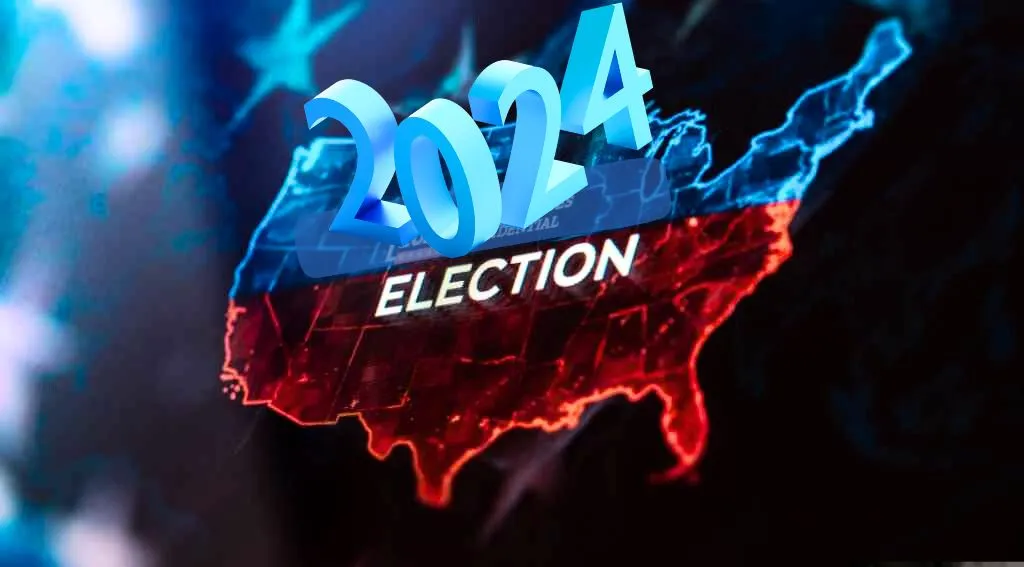
Money and Politics, a Dangerous Combination
According to Politico, the CFTC has long struggled to prevent election gambling from entering the U.S., fearing it could undermine the fairness of elections. Critics argue that allowing high-stakes bets on political outcomes could open the door to undue influence by wealthy individuals or corporations. Senator Jeff Merkley bluntly described this as a "deeply corrupt combination of dark money and election betting," where powerful participants could effectively "manipulate" election outcomes.
However, supporters of Kalshi believe these markets can provide more accurate predictions than traditional polls. They claim that market-based predictions, involving real money, can filter out noise and offer a clearer picture of electoral sentiment. Some even consider these markets as important tools for investors to hedge against risks of government policy changes.
Despite legal uncertainties, Kalshi's market has generated significant interest. Within hours of going live, tens of thousands of contracts were traded, indicating clear interest from day traders and political enthusiasts. This marks the first fully regulated election betting in the U.S. in nearly a century, signaling a new chapter in finance and politics.
Timing is crucial. As the 2024 presidential election approaches, betting markets like Kalshi, Polymarket, and PredictIt are becoming well-known, frequently appearing in news reports. Betting odds are now as prominent as polls, reflecting the increasingly close symbiotic relationship between gambling and political forecasting. As recently emphasized by Fox News, betting markets have played a role in assessing candidates' standings, such as Vice President Kamala Harris closing the gap with Donald Trump.
Legal Hurdles and Ethical Dilemmas
The battle is far from over. The CFTC has vowed to continue its fight against Kalshi, claiming that election betting commodifies the democratic process. Officials warn that this could harm public trust in elections, especially in an era when ballot integrity is under close scrutiny. Whether Kalshi's market can withstand legal challenges remains to be seen, but one thing is clear: election betting is no longer an underground activity but a growing force in mainstream political landscape.
As election betting increasingly becomes a core part of American politics, the question remains: Is it a better tool for understanding voter sentiment, or a dangerous gamble with democracy itself?









